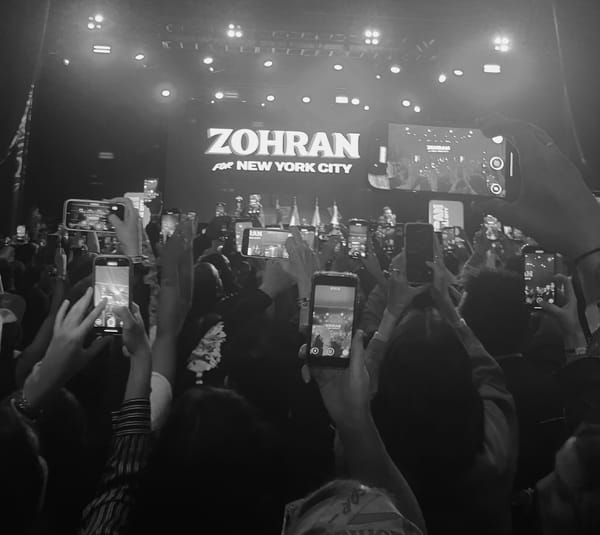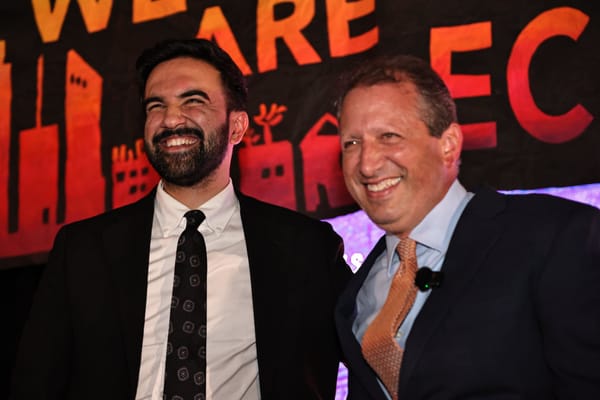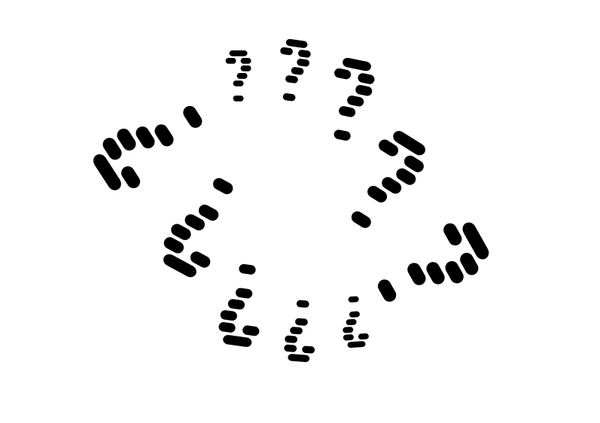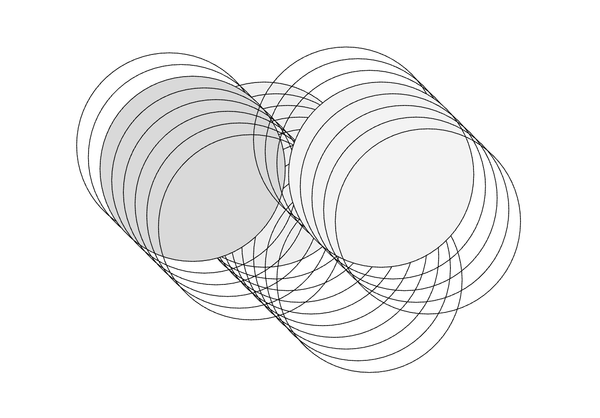Jewishness will never escape Gaza
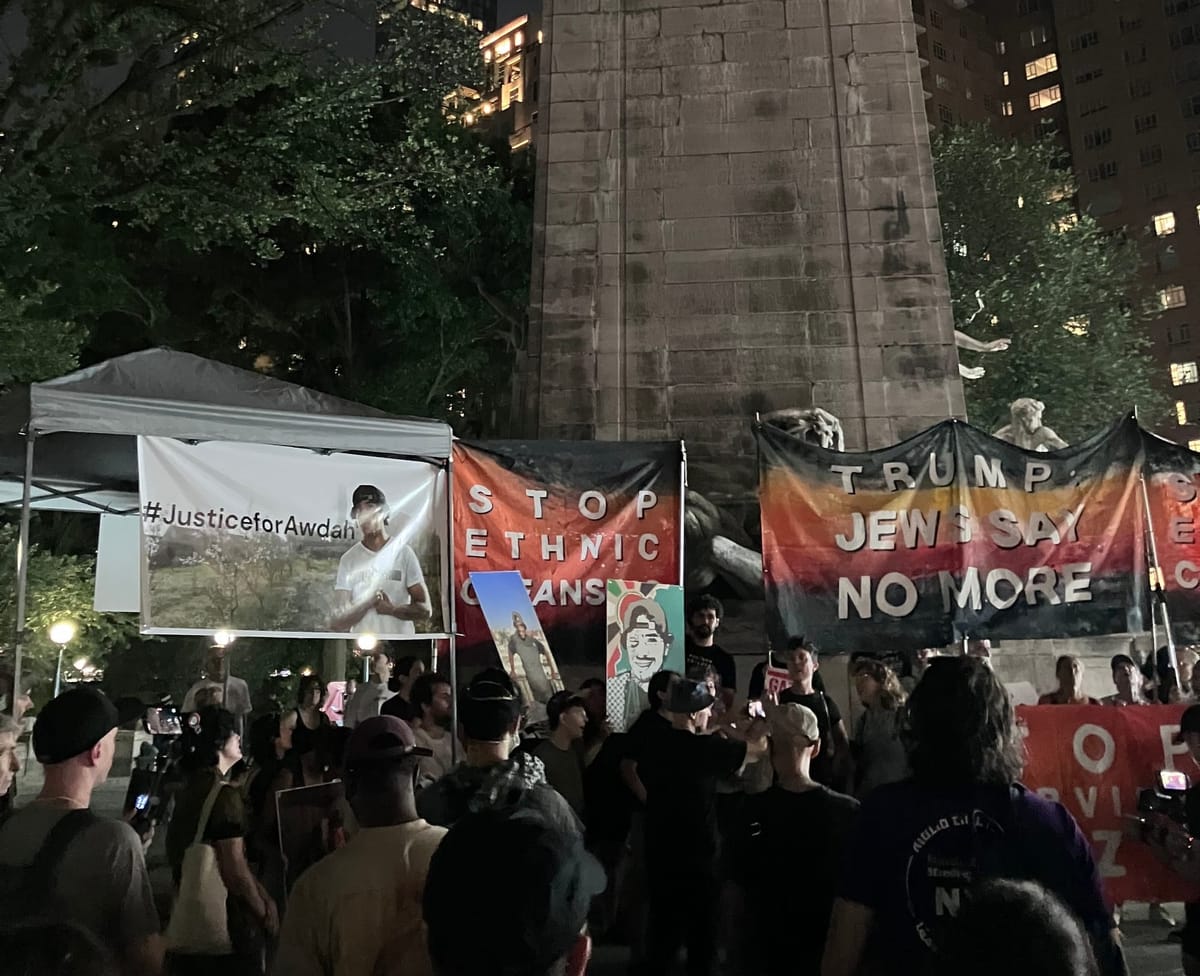
Who do we say we are? We say we are people of the book and we say we are a people of books. We say we are intellectuals and artists and actors, that we are doctors and lawyers and professors. We say if there are two of us there are three opinions – and we disagree about even that. We say we are on the side of justice and of the oppressed. We say we marched with Dr. King and went on Freedom Rides. We say tzedakah and mitzvah and tikkun olam. We say we are strangers in a strange land, that we welcome the displaced and dispossessed. We say we are inventors and innovators, magnates and machers. We say, in so many ways, we are different.
What are we doing? We are denying reality. We are demonizing the press and we are banning art. We are spreading lies and mass producing propaganda. We are inviting authoritarians into universities. We are persecuting and harassing students; we are reporting them to the state. We are enforcing one opinion on penalty of disappearance. We are making marchers criminals and punishing nonviolent resistance. We are acting solely for our place in the world. We are oppressing and displacing and dispossessing. We are starving people to death – and blaming them for it. We act, in so many ways, because we are different.
So, who are we?
We have never just been who we say we are – and many of us never said it. The narratives of diasporic Jewry, particularly American Jewry, have never been fully representative. Jewish communities and institutions have long maintained blacklists, refused partnerships, and attacked certain ideologies they have deemed unworthy of pluralistic disagreement. Plenty of American Jews and institutions were also perfectly content as bystanders or participants in America’s oppression of other races and ethnic groups before, during, and after the Civil Rights Era. We do not often say “40% of Jewish households in early America owned black people as slaves” but it is true. In South Africa, while Jews were disproportionately involved in the anti-apartheid struggle, a Jewish prosecutor took Nelson Mandela to trial while the major Jewish communal institution remained “neutral” on apartheid. The same contradictions are found in the assimilating communities of any major country of the diaspora. In much of Israel, and in many ultraorthodox communities, these narratives were never central in any case.
We have not all acted this way, either. Many Jews are neither actively part of Israel’s ongoing genocide in Gaza and occupation of Palestine, nor backers and enablers of it. Just as there have always been Jews who have opposed the occupation, Zionism, and ethnic cleansing, there are Jews now that oppose and fight against this genocide and its authoritarian extensions. In Israel, they are burning their draft cards and refusing to show up for duty, they are protesting in dangerous conditions. In America and elsewhere, we are supporting and organizing actions, protests, boycotts, and campaigns against the violence being done in our name.
But when it comes to the total calculation of it all, what has been said and what has been done, it turns out that we are not different. We, too, are a people who commit genocide. The most powerful Jews in the world, the ones at the head of a military “Jewish state” and the ones with billions of dollars and political power in the diaspora, have done what they have done. And they have done it in the name of all Jews. Like points scored in a blowout, it counts but does not matter that many Jews – likely the majority of all Jews – deplore our present. “We” are a people who commit genocide not because Jewishness is synonymous with Israel, but because the Jewish people – to the extent there is one thing – is the sum total of our actions upon the world, and today’s reality represents that sum. It is undeniable that the actions of some and the words of many have fundamentally poisoned the identity of our people.
This is not just and it is not fair — nor is it a shared moral culpability among all Jews, just as all Palestinians are not responsible for Hamas — but it is true. This is not just another Nakba, but one by the power of an industrialized nuclear state armed by America and purged of the post-Holocaust lessons we were supposed to have learned. The idea, the narratives, we have of a Jewish people can never be the same. Power speaks, power writes history, power exposes the myths of our difference — and if power says it is acting in the name of the Jewish people and the rest of us cannot defy them, how can history.
Like a stain, we can hope to wash it away. But it will never leave. The world will know us by it. And the best form of Jewishness, unlike this one, will see that stain and remember. We will remember that this catastrophe was building for generations in Israel and in the diaspora – generations of anti-Palestinian dehumanization, generations of self-centering, generations of cynical alliances with those who also, ultimately, wish us harm. We will remember that we were neither the paragons of virtue nor the eternal victims. While we may teach our children the ethics and stories of justice and resistance and ingenuity born from our history, we also teach them the horrors and crimes. In that future, who we say we are is who we will be, the sum of our presence on this earth may actually be different.
